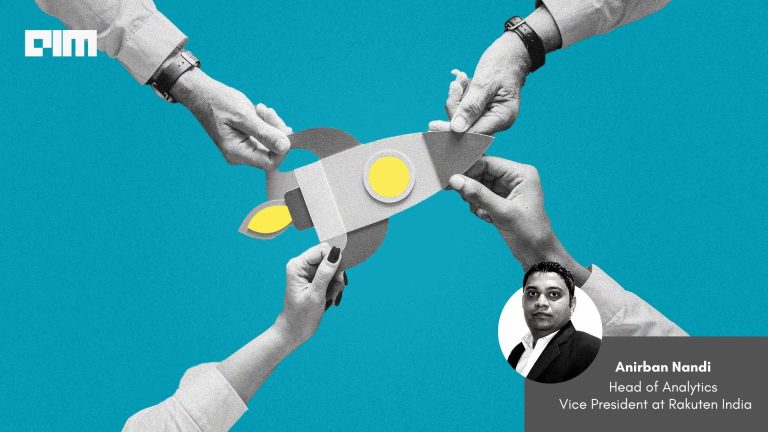|
Listen to this story
|
Sustainability has been on the agenda since a very long time, but more so after the UN introduced it in 2000 with the Millennium Development Goals. They introduced eight goals—eradicating poverty; achieving primary education; promoting gender equality; empowering women and reducing child immorality; improving maternal health; combating HIV/AIDS, malaria and other diseases; ensuring sustainable environment; and encouraging global partnership. These goals have been considered seriously by several nations around the world and were further updated in 2015 to include a total of 17 such goals.
Apart from the greater good, Millennium Development Goals formed the basis for corporate sustainability and led companies to realise how they add efficiency to their businesses, improve brand value and reputation and build a platform for innovation, attracting talent, cutting costs and strengthening stakeholder relationships. Many businesses choose goals that are related to their operations and build programmes that will further develop their business. The UN introduced a sustainability tracker to evaluate how goals were performing against their target.
A similar tracker can be introduced for businesses. It is important to view past data to identify areas in the business that have impacted the ecosystem at which it operates and implement policies and initiatives for the same. The current data must also be analysed to see which current practices have the ability to operate sustainably and what can be done to improve. The next move should be to forecast emerging risks to answer questions about the industry trends and what can be done by the firm to adopt these practices. This would also include keeping in mind the financial and sustainable impacts of adopting these practices. With this holistic understanding with the help of data, organisations model future sustainability landscapes and each stream of business has an impact on sustainability.
This can be done by setting up robust data systems and analytical models to stay on track to achieve targets. However, it can become an academic exercise to develop them. Following are notable bottlenecks in sustainability that can be solved with the help of data.
Identifying the data reliability problem
With a plethora of information available, it is important to identify trustworthy sources.The digital space is becoming vulnerable to fake data and integrating data analytics solutions will enable businesses to explore various approaches to the problem of data reliability. Duplicate data, unstructured data, missing data, incompatible data formats, or problems with accessing the data can all lead to problems with data quality. There is a lack of transparency when it comes to methodology, the extent of the underlying data, and review processes for ESG data suppliers. Several companies are considering creating internal, proprietary ESG ratings to assure accurate data, which are essential for making wise investment decisions for sustainability.
Data analytics to shape a sustainable business strategy
Data on ESG issues is collected from many sources, such as news, government regulations, social media, and reports published by companies. While the information available is abundant, it is hard to track. New data analytics technology can help with this issue. A firm’s sustainability reporting can already be compared to that of its competitors, risks can be flagged, ESG concerns that are important to the organisation can be identified, and media references to important topics can be tracked and best practices for sustainability can be examined.
Materiality evaluation
Businesses must determine which challenges are most important to their sustainability plan. They frequently take a rigorous approach to materiality evaluation when tackling this task. Traditionally, key stakeholders like board members, executives, clients, investors, and NGOs have been interviewed and surveyed by corporate staff or consultants. The business gains knowledge about the weight stakeholders give to various topics on an already-established ESG issue list.
Such a conventional stakeholder relationship builds assessment of materiality. But, because it is costly and time-consuming, it can only be done periodically. Resource limitations also limit the topics and stakeholders that the process may address. The value of the assessment depends on the organisation making the appropriate selections of important stakeholders and concerns.
The emerging data analytics technologies are enabling businesses to address these challenges. With Environmental, Social, and Governance (ESG) issues becoming central to a business strategy, organisations are integrating big data analytics solutions to identify intriguing solutions that can guide their sustainability strategies.
Benefits of sustainability analytics
Organisations can unlock hidden value and create more resilient businesses by using sustainability analytics to better understand the cost, effect, and success of their past and present sustainability activities. These analytics can also help companies predict future circumstances and requirements. Some of its benefits include:
- Minimise shocks and resource disruptions: By reducing resource consumption, businesses become less susceptible to fluctuations in availability and price. In order to hedge their resource purchases and secure supplies at reduced prices, it can also assist companies foresee future changes in supply, demand, and price.
- Helps in staying ahead of the competition: Social media and the Internet have made it possible for even the most prestigious brands to have their reputations immediately damaged by sustainability-related wrongdoings across the supply chain. A corporation can demonstrate to potential clients and business partners that its sustainability initiatives are more than mere words by using advanced analytics.
- Assists in identifying future risks: Advanced analytics can be used by a business to identify potential risks related to resource use, environmental effect, and labour practices, both within the company and within its extended supply chain. Before they become national headlines, these insights can be used to manage and minimise risks.
We won’t see a decline in sustainability any time soon. Rather, it is expected to get more complicated, and data analytics will provide businesses with the intelligence they need. These days, businesses are looking for novel ways to incorporate sustainability into their strategic plans and operating procedures.They are adapting to fulfil those needs by incorporating a data-driven approach. The sustainability plan will place a major emphasis on these new data tools.
As Buckminster Fuller said, “You never change things by fighting the existing reality. To change something, build a new model that makes the existing model obsolete.”
This article is written by a member of the AIM Leaders Council. AIM Leaders Council is an invitation-only forum of senior executives in the Data Science and Analytics industry. To check if you are eligible for a membership, please fill out the form here.













































































